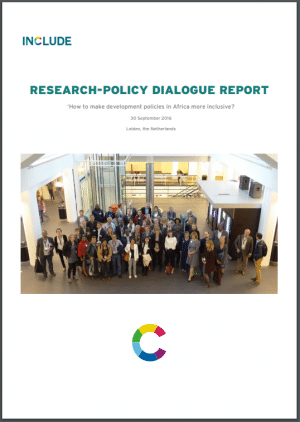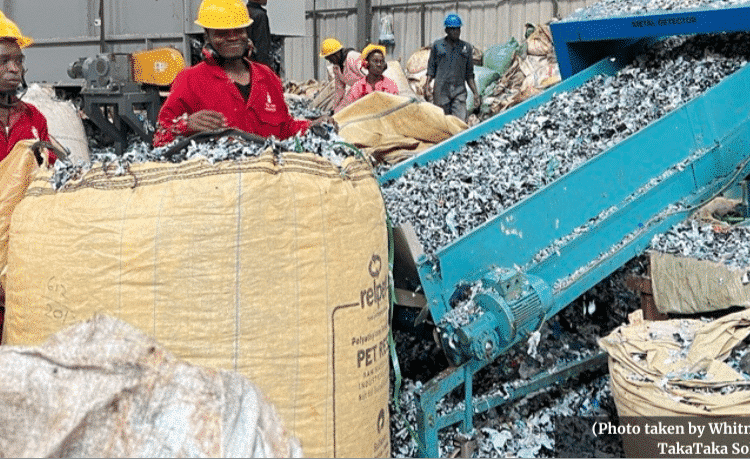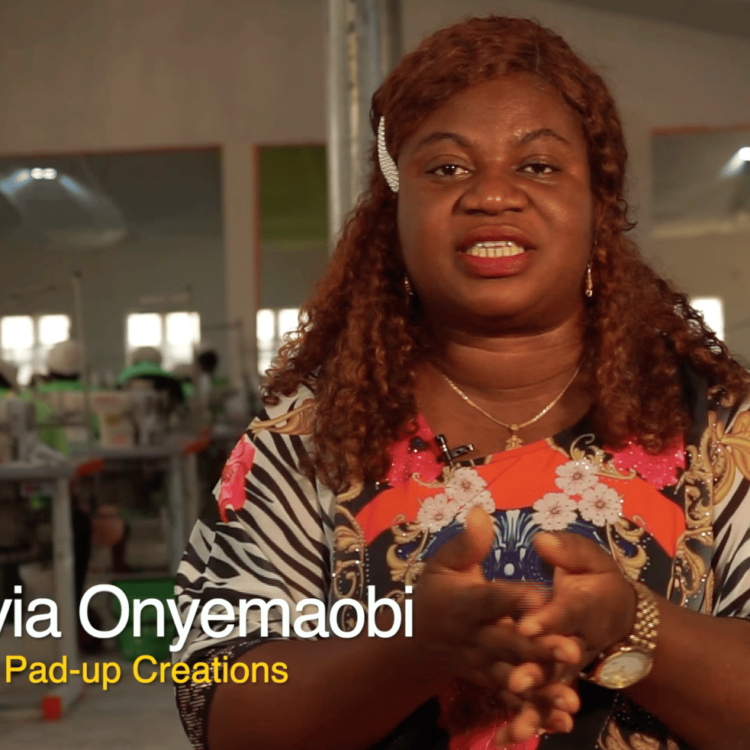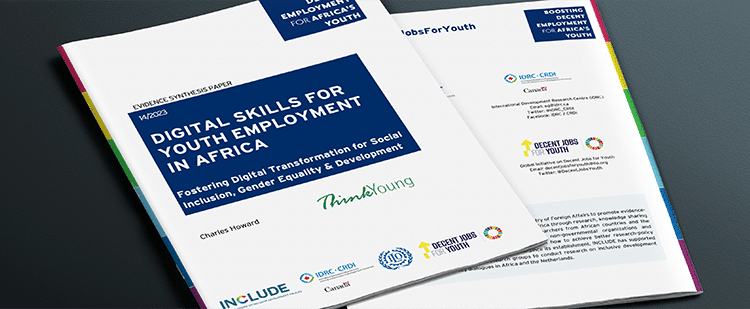
Partnerships and knowledge sharing are key to achieving more inclusive development in Africa. This was the main message of presentations made by the INCLUDE and NWO-WOTRO research groups during the INCLUDE research-policy dialogue on ‘How to make development policies in Africa more inclusive?’ At the dialogue, which was held on Friday 30 September at Leiden University in the Netherlands, the research groups presented their interim findings and outlined the implications for policy. The presentations were followed by open dialogue with policymakers, researchers and INCLUDE platform members. More than 60 people participated in the dialogue, including 10 senior officials from the Dutch Ministry of Foreign Affairs. Thirteen INCLUDE research groups were represented and the majority had updated their one-pagers with interim research findings and policy messages to facilitate the discussions.




